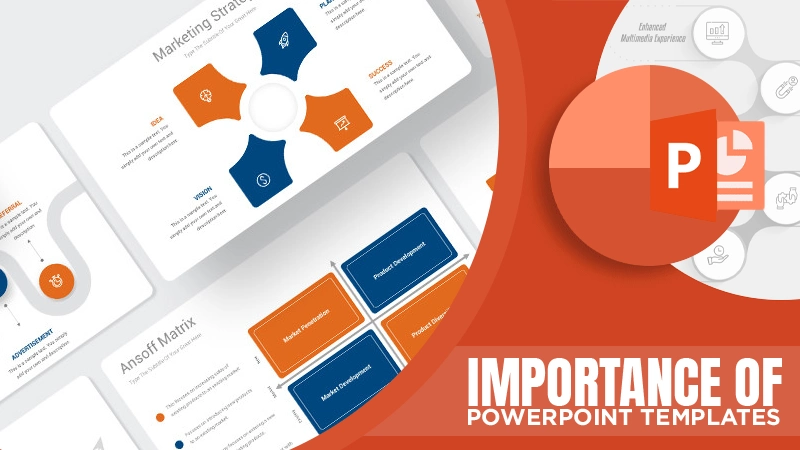Cloud services are software, platforms, infrastructure, and data hosted by third-party providers and are provisioned to users over the internet. The services allow businesses to have efficient and effective services like storage, security, and transmission. Managed Service Providers or MPS provide and manage these services to their clients.
In the past few years, there’s been an increased popularity of cloud services—especially for businesses seeking to deal with the challenges of the COVID 19 pandemic. Today, there are 4 major cloud computing services that you can choose from. However, most businesses have a challenge in selecting the right service that suits their business needs.
Also Read: Tips for Email UX and Design Best Practices
Now, choosing the right cloud computing services requires considering several things, like functionality, user-friendliness, security, and maintenance. This post will discuss the four different cloud computing services and their features. Read on for more information.
SaaS (Software as a Service)
SaaS, also known as “on-demand software,” is one of the major cloud computing services. SaaS development companies allow users to access applications (software) hosted on the service provider’s data center over the internet. One doesn’t have to install or maintain any application to use SaaS. All you have to do is merely sign up for an account and start using it at any time, anywhere.
PaaS (Platform as a Service)
PaaS provides platform administration to its users allowing developers to create web applications without worrying about infrastructure provisioning. The service allows developers to create custom applications without worrying about the underlying infrastructure (servers, storage, OS, updates) like hardware and software. Business owners can focus on creating their business without worrying about setting up or maintaining servers. Several PaaS providers provide both public and private cloud computing services.
IaaS (Infrastructure as a Service)
IaaS is one of the most popular cloud computing services today, mostly because it’s cost-effective for small businesses with limited budgets or resources. IaaS allows users to access server space over the internet to deploy machines anytime, anywhere in just a few minutes. Users don’t have to buy hardware or software licenses, saving them the cost of expensive software and equipment. All they have to do is pay according to usage and availability, depending on what package they want. Some providers offer IaaS services at very competitive prices compared to others.
DaaS (Desktop as a Service)
DaaS provides a virtual desktop that allows users to access their desktops over the internet from anywhere with just a click or tap away. Like other cloud services, you don’t need any special hardware or software—just an internet connection and your devices. DaaS provides a full desktop experience as if you’re using your device. The only difference is that it’s hosted on someone else’s server and not yours. Some providers have even improved it by adding sound effects, connectivity to peripherals, and storage space over the internet.
These cloud services share common features. The following are the features to expect from any of these services.
Resource Pooling
Cloud computing services pool together the resources of different devices into a single machine. This allows businesses to gain access to more storage, memory, and processing power without buying an individual server for each department.
Elasticity
Elasticity refers to the ability of cloud computing services to start or stop virtual servers according to user demand. This allows cloud computing services to meet business needs by scaling hardware and other resources up or down as needed without needing an administrator.
Multi-Tenancy
Multi-tenancy is a cloud service feature that allows many customers’ data to run on a single server in real-time. This reduces cost, saves space, and makes for easy maintenance since it only has one code base running on all virtual servers rather than several different ones, which would need individual management.
Easy Maintenance
According to CognitiveClouds, a SaaS app development company, maintenance is necessary for running a business. It involves saving regularly and regularly backing up potentially important data in case a server is compromised or destroyed by a natural disaster or attack. Cloud services make this easier because the virtual servers are backed up multiple times over different machines, so the data will still be available from another source if one device fails.
Multi-Platform Support
Cloud computing services provide their users with access to applications that run on all platforms, including mobile devices, desktop computers, and laptops. This makes cloud computing more flexible since there’s no need to buy different hardware for each device.
Security
Security is a feature of cloud computing services that allows companies to protect their data from different types of cyber-attacks. Cloud service providers keep multiple copies of their users’ data in other virtual machines and servers, meaning that even if one server fails or is attacked, there will still be a copy stored on a separate device.
Bottom Line
The four major types of cloud computing services have several things in common and have their unique features. Businesses that use these services have a distinct advantage over those that don’t. Cloud computing services provide businesses with access to more storage and processing power and make it easier for them to maintain such resources by having the servers managed by the service provider. Many businesses are turning towards cloud computing as an efficient way of doing business without sacrificing quality.
















